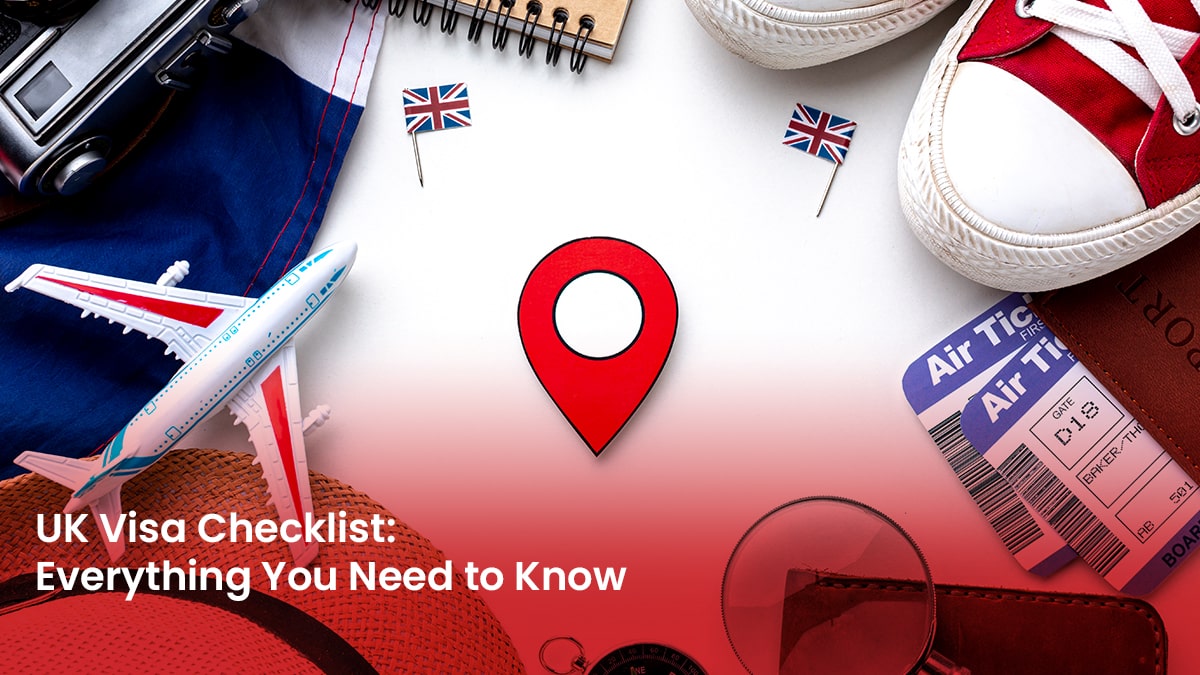Studying abroad is usually a huge decision for many people. Thus, it requires great preparation before you pursue it.
Read below to know some preparation tips you can follow before going to Spain.
Plan Where You Should Get Your Funding
Studying abroad can be quite expensive. Thus, as part of your preparation, it is important that you already know where you can get your funding to support yourself while abroad. Your funds should include payment for your tuition fees and daily or regular expenses, including, food, rent, transportation, etc., during your whole, stay abroad.
Possible sources of your funding may include:
- Your savings
- Financial assistance from your parents or other relatives
- Crowdsource
- Scholarships and other financial assistance from the institution, host country’s government, or your home country’s government
Remember that your funding may also be a combination of the sources listed above.
Process Your Student Visa
To enter Spain, you first need a valid passport and a visa. To get one, you need to submit requirements and applications to the Spanish Embassy in your home country. Regarding the timing, you should do it as soon as you get a letter of offer from your chosen university and study program.
The requirements may differ per country of origin. Thus, it is important to check with the embassy first.
Processing time for a Spanish student visa is usually one to three months.
Types of Visa
Your visa type will depend on your purpose and length of stay in Spain. Also, students coming from EU/EEA countries and Switzerland need not apply for one.
The types of Visa in Spain include the following:
- Schengen Student Visa – If you are planning to stay in Spain (or other EU/EEA countries) for less than three months.
- Short-Term Student Visa –This is for students planning to stay in Spain for three to six months. Application for short-term student visas is less complicated. However, this cannot be extended.
- Long-term Student Visa – This is for students who will be staying in Spain for more than six months. This visa allows students to enroll in degree courses.
Usually, after getting this visa and arriving in Spain, the student should also apply for a student resident card (TIE for non-EU/EEA students).
This card allows you to open a bank account, and get a smartphone contract if you need to.
Plan Your Budget
Aside from your visa, and after knowing where to get money to finance your education, you should also create a plan for your budget.
This preparation includes doing your research on the living costs in Spain, especially in your host city, and from there, create a budget for yourself.
This way, you’d have an idea of how much you need to save to support your cost of living while in Spain, and other expenses, from your pre-departure finances, and the end of your stay in the country finances.
Moreover, knowing how much money you should include per need will allow you better financial freedom and better decision-making (such as lessening unnecessary purchases) when it comes to the use of your money.
This can help you avoid unnecessary problems while abroad, such as exhausting your budget due to mismanagement of it, pushing you to end your study program at an awkward time.
While in Spain, students can also use budgeting apps, such as Mint, Wally, or YNAB to help them with their budgeting while abroad.
Those are only some of the things you need to prepare for before going to Spain to study. If you want to learn more tips and information to make your stay in Spain smooth-sailing and more fun, check our articles at MSM Unify. Aside from tips about living abroad, MSM Unify can also help you choose the right study program and institution for you, depending on your needs as a student.












